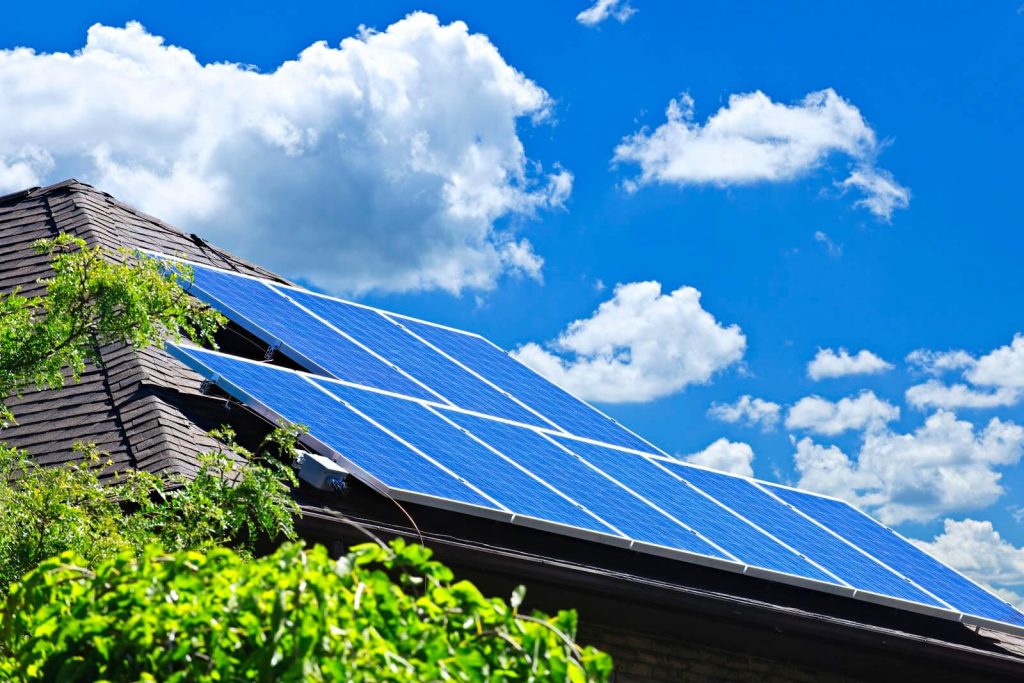
The World Bank, Clean Technology Fund, and Dutch Cooperation will invest $338.7 million (equivalent to N254 billion at the official currency rate of N750.6/$) in solar-generating enterprises in Nigeria and other West African nations. This grant will be used to support the implementation of the Regional Off-Grid Electricity Access Project for members of the Economic Community of West African States.
ECOWAS issued a statement to The PUNCH in Abuja on Monday, indicating that they have partnered with a group of enterprises. This collaboration intends to provide technical and monetary assistance to businesses operating in the off-grid solar PV sector, as well as financial institutions in the 19 project countries. This initiative corresponds to the steps being taken to carry out the ROGEAP project.
The announcement stated that “As part of the implementation of the Regional Off-Grid Electricity Access Project, the TSC Global/Intech-GOPA/AFC/BB and Co group officially signed a contract on August 1, 2023, in Abuja as project fund manager of the ROGEAP project.”
“The service contract signing ceremony took place in the presence of the Chief Executivge Officer/ President of TSC Global, Mr Amara Sackor, representing the group; and Commissioner Sédiko Douka, in charge of Infrastructure, Energy and Digitalisation of ECOWAS, who is also the chairman of the Steering Committee of the ROGEAP project.
“Following a procurement process in accordance with the donor’s procedures, the TSC Global/Intech-GOPA/AFC/BB consortium was retained by the ECOWAS commission as ROGEAP fund manager to provide technical and financial support.”
According to the statement, the assistance was offered not just to the private sector, but also to commercial banks and microfinance institutions within the scope of the initiative, boosting the initiative Management Unit in both Abuja and Lomé. In terms of financial details and project supporters, ECOWAS stated, “The project is financed by the World Bank, the Clean Technology Fund, and the Dutch Cooperation and is worth $338.7 million.”
The statement elaborated that the primary duty of the ROGEAP project fund manager is to assist ECOWAS in the project’s implementation, emphasizing the cultivation of a regional ecosystem for the enduring expansion of the off-grid industry.
Further, the statement indicated that the fund manager will be committed to fostering market information exchange and facilitating trade interactions among stakeholders. Additionally, there will be efforts to amplify regional demand via consumer education and promotional drives. ECOWAS also communicated its intention to “Eliminate supply-side barriers by enhancing the capabilities of commercial financial institutions and other pertinent entities.”
“The ROGEAP project fund manager will also play a role in providing technical assistance for enhancing the capacities of businesses, offering tailored support across various stages of enterprise development.”
ROGEAP was initially introduced in 2017 as the Regional Off-Grid Electrification Project. Subsequently, it underwent restructuring and was reintroduced in November 2020 by ECOWAS and its technical and financial collaborators, adopting its current title, the Regional Off-Grid Electricity Access Project.
The project’s objective was to boost access to sustainable electricity services not only in the 15 member nations of ECOWAS but also in four additional countries in sub-Saharan Africa: Mauritania, Central African Republic, Cameroon, and Chad. This access aimed to benefit households, businesses, public infrastructure, health facilities, educational institutions, and more. The execution of the project is entrusted to the ECOWAS Commission Regional Centre for Renewable Energies and Energy Efficiency and the West African Development Bank.
As per ECOWAS, their primary role is to foster the growth aspect of a regional market while also facilitating access to financial resources for standalone solar systems.
Source: PUNCH

